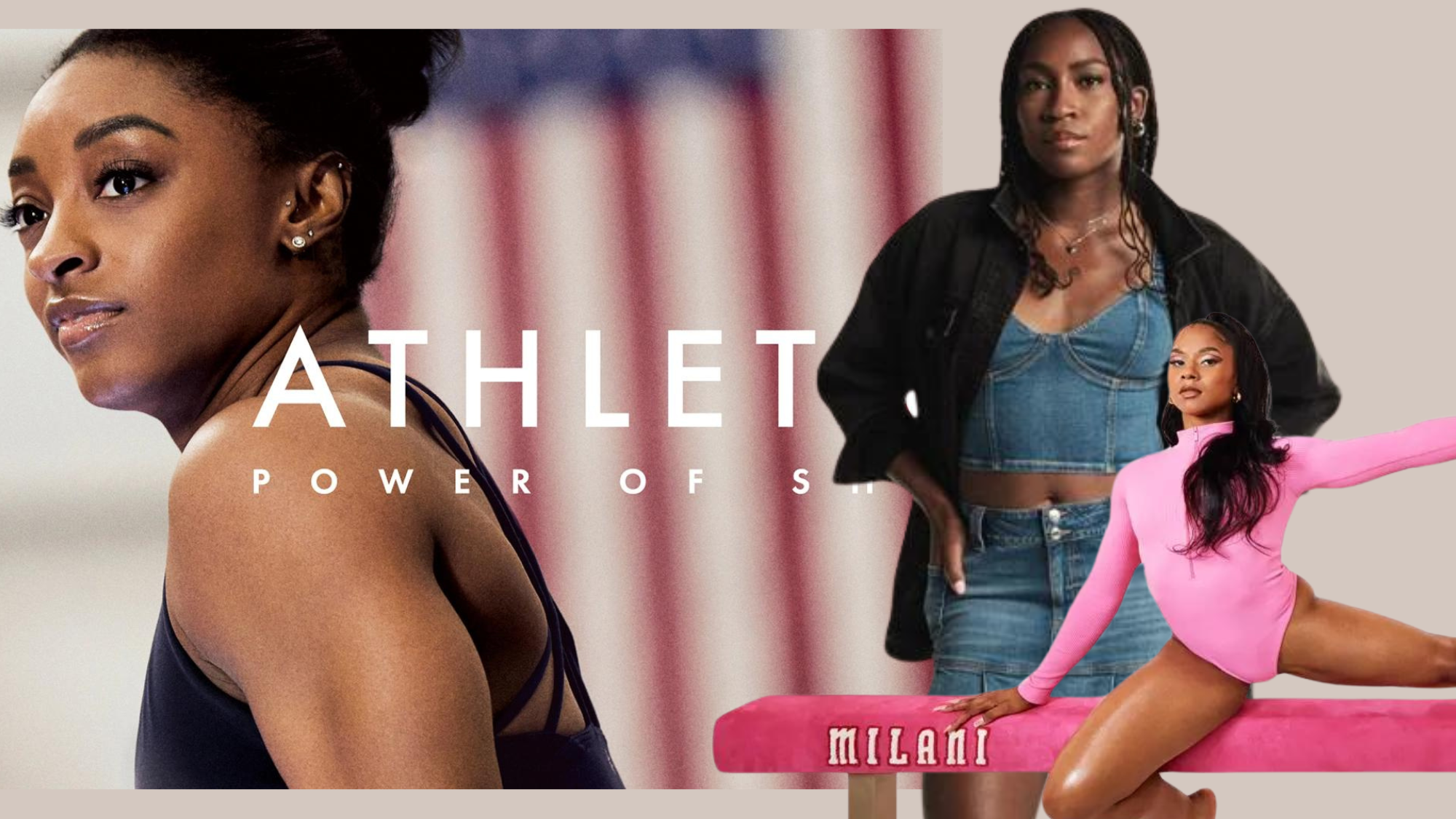
As female athletes break records and barriers in sports, they are also redefining brand storytelling. Tennis star Coco Gauff and gymnast Jordan Chiles exemplify this shift. Gauff, at just 20, is the youngest and first tennis player to carry the Team USA flag at the Olympics, and she is now a key figure in American Eagle’s “Live Your Life” campaign. Similarly, Chiles recently teamed up with Milani Cosmetics to promote their Make It Last setting spray.
Brand deals with female athletes are on the rise. Gymnast Simone Biles has partnered with Altheta for its Power of She campaign, while Olympic hurdler Anna Cockrell has become the first female athlete on Lowe’s endorsement roster. The collaborations with female Olympians underscore this growing trend.
The surge in viewership for women’s sports and the rise of social media-savvy athletes have made female athletes invaluable partners for brands. Unlike traditional influencers, who often lack authenticity, athletes like Gauff and Chiles connect with consumers through their compelling personal stories and genuine impact.
Brands are increasingly partnering with female athletes to tap into their dynamic narratives and engaged fanbases. American Eagle’s campaign, featuring Gauff in a new collaboration, highlights her as a symbol of Gen Z values—achieving excellence on and off the court. Milani’s campaign, which includes Chiles and other top athletes, promotes a message of beauty and strength, aligning with the modern cultural shift towards inclusivity in sports.
According to marketing experts, brands must focus on storytelling and shared values to resonate with today’s consumers. Female athletes, with their multidimensional lives and advocacy for social causes, offer a rich narrative that brands can leverage to foster authentic connections and drive consumer engagement.
This growing trend underscores that working with female athletes is no longer just about brand goodwill—it’s a strategic move that delivers tangible business results.

